Dopaminergic Therapy for Anhedonia
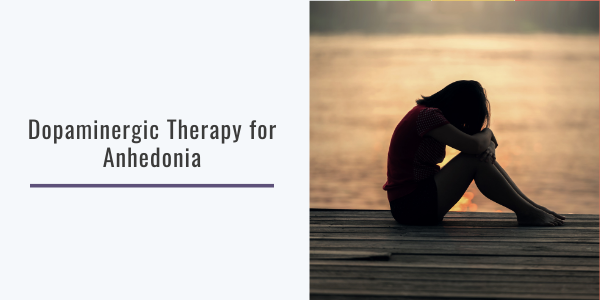
Depression is a widespread disorder that affects over 20 million adults in the United States. Current antidepressant medications are effective for some patients; however, many patients fail to respond or continue to experience symptoms of anhedonia like reduced motivation or the inability to experience pleasure. Our previous studies show that inflammation is one biological pathway that can impact the brain to drive symptoms of depression like anhedonia. We have also found that inflammation-related changes in brain reward circuits are reversed by increasing the neurotransmitter dopamine. This study will determine whether an FDA approved medication that increases dopamine could serve as a potential new therapy for depressed patients with anhedonia and higher levels of inflammation. For more information on this study please click here or if you are interested in participating in this study, please fill out this survey.
Use of a JAK Inhibitor to Treat Depression in People with HIV
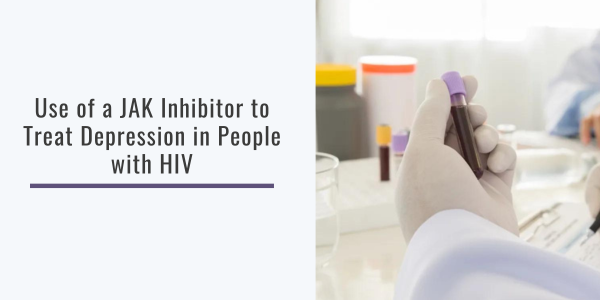
The risk of depression is substantially higher in people with HIV (PWH) than the general population, and depression in PWH confers worse outcomes regarding treatment adherence, morbidity, and mortality. Risk for depression is further increased in PWH with elevated biomarkers of inflammation, e.g., the acute phase reactant C-reactive protein (CRP), that contributes to resistance to antidepressant therapies. Moreover, increased inflammation in the context of chronic depression in PWH is characterized by worsened cognitive function including impaired processing speed and motor activity. Our recent neuroimaging studies in HIV-negative patients with major depression (MD) demonstrate that endogenous elevations in inflammation (as reflected by increased plasma CRP) are associated with decreased functional connectivity (FC) within corticostriatal reward and motor circuits involving the ventral and dorsal striatum and frontal cortical regions in relation to symptoms of anhedonia and psychomotor retardation. Anhedonia and psychomotor slowing represent fundamental aspects of research domain criteria (RDoC) of Positive and Negative Valence systems and are closely aligned with a symptom cluster overrepresented in PWH referred to as apathy, which is thought to be driven by similar medial prefrontal and subcortical circuitry. Previous work from our group also suggests that reducing inflammation with a traditional cytokine antagonist improves symptoms of anhedonia and psychomotor retardation in HIV-negative patients with MD, but only in patients with higher levels of CRP. These data suggest the hypothesis that inflammation plays a role in anhedonia and motor slowing through effects on corticostriatal reward and motor circuits in PWH.
Members of our study team have performed extensive pre-clinical and clinical work on the Janus Kinase (JAK 1/2) inhibitor drug class for disorders associated with immune dysregulation including inflammation. Baricitinib is one of these compounds and is an FDA-approved, orally bioavailable agent for treatment of rheumatoid arthritis (RA) with recent FDA-approval for treatment of acute COVID-19. The JAKs are members of the cytoplasmic tyrosine kinase group that act to phosphorylate various signal transducers and activators of transcription (STATs) that then translocate to the nucleus and bind to specific transcription sites. This binding promotes the production of a variety of inflammatory mediators including interleukin (IL)-6, tumor necrosis factor (TNF), CRP and others. Thus, the key hallmark of the efficacy of baricitinib in human studies across disease states is its ability to significantly reduce plasma IL-6, TNF, and CRP and ultimately inflammation.
This study will use a biomarker-driven approach to test the hypotheses that inhibition of inflammation through specific inhibition of JAK 1/2 inflammatory signaling pathways will increase FC in corticostriatal reward and motor circuits and improve anhedonia and psychomotor slowing in association with reduced plasma inflammatory markers, as well as additional CSF, neuroimaging, peripheral blood immune cell, and markers of inflammation and the HIV reservoir in PWH with MD and high inflammation. Click here if you wish to participate
Inflammation-Induced CNS Glutamate Changes in Depression
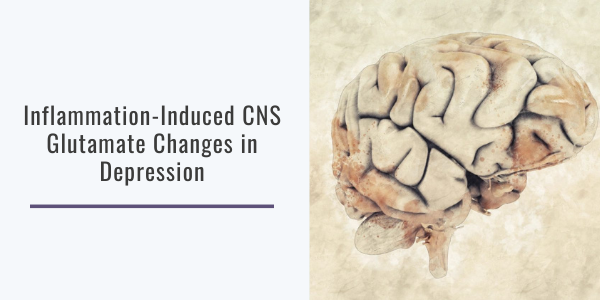
Increased inflammation has been implicated in the pathophysiology of a number of neuropsychiatric illnesses including mood disorders, which affect almost 30 million adults in the US alone. One mechanism by which inflammation may alter behavior is through increasing brain glutamate, a neurotransmitter that in excess has been implicated in neuronal toxicity and resistance to conventional antidepressant therapy. The goal of the proposed research is to test the hypothesis that inflammation alters behavior through increasing glutamate in specific brain regions, ultimately leading to behavioral changes. A potent anti-inflammatory challenge will be used to reduce inflammation and thereby establish cause and effect relationships. For more information on this study please click here. This study is no longer recruiting.
Inflammation-Related Alterations in Neurociruitry: Reversal with Levodopa
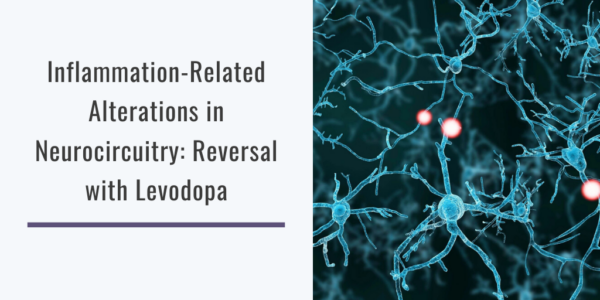
Increased inflammation has been associated with the development of depression, a disease that afflicts over 20 million adults in the United States. Our previous work in patients with depression has found that high levels of inflammation affect reward circuitry in the brain to lead to anhedonia, a core symptom of depression characterized by a lack of motivation. The proposed research will determine whether these inflammation- related changes in neurocircuitry are mediated by decreased dopamine, with the overarching goal of revealing brain biomarkers that can serve as novel targets for therapeutic strategies to reverse the effects of inflammation on dopamine signaling and symptoms of depression, particularly anhedonia. For more information on this study please click here or if you are interested in participating in this study, please contact us.
Magnetic Resonance Spectroscopy (MRS) in Midlife Depression

Depression afflicts over 27 million adults in the US and is associated with impaired white matter integrity in the brain that ultimately disrupts the communication of neurons and is linked to poor response to antidepressants, functional decline and cognitive impairment, especially in older individuals. Depression is also associated with increased inflammation which worsens with age and may contribute to white matter pathology through increasing brain glutamate, a neurotransmitter that in excess is toxic to both white matter cells and neurons. The goal of the proposed research is to test the hypothesis that inflammation increases brain glutamate in middle-aged depressed patients which in turn is associated with increased white matter pathology and alterations in behavior and cognition. For more information on this study please click here. This study is no longer recruiting.
Dynamics of Inflammation and Its Blockade on Motivational Circuitry in Depression
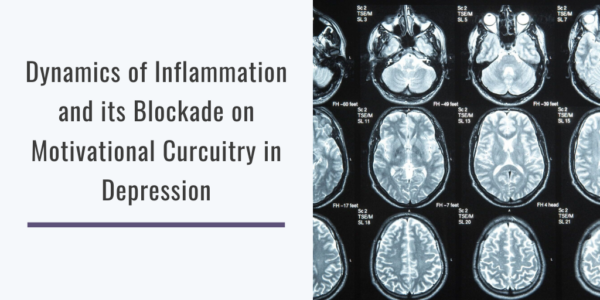
Inflammation may contribute to the development of motivational impairments and underlying corticostriatal circuit dysfunction in a subset of patients with major depression, which affects approximately 20 million adults in the US. Through a combination of functional neuroimaging and placebo-controlled inflammation blockade in a sample of depressed patients with high levels of inflammation, this project will determine the extent to which inflammation contributes to motivational symptoms and whether corticostriatal circuit function mediates this relationship. The proposed studies will help validate the immune system and corticostriatal reward circuits as important targets for the development of novel anti-inflammatory treatment and prevention strategies, which in turn can be used to personalize treatments for patients with high inflammation and motivational deficits. For more information on this study please click here. This study is no longer recruiting.

